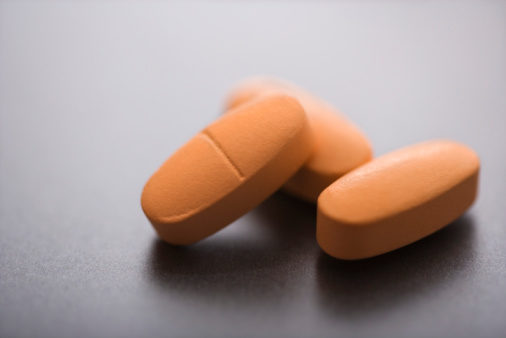U.S. Senator Dick Durbin (D-IL) believes consumers need better information about supplements, and wants to have legislation enacted to make it so. The Dietary Supplement Labeling Act, he feels, will do the job.
One of Durbin’s chief gripes seems to be with foods and beverages that are “taking advantage of the less stringent safety standards for dietary supplements under current law.” In a press release from his office, Durbin cited products like 5-Hour Energy as products that are said to boost energy and are marketed as supplements. These items look like beverages to consumers, who are unaware that the supplements may contain “potentially unsafe additives,” since, he says, supplements don’t require premarketing safety testing by the government.
The law would force the U.S. Food and Drug Administration (FDA) to define “conventional foods” with the hopes of establishing which foods are health aids (and to be regulated as supplements) and which are in fact foods. Durbin noted in his the statement, “My goal is to take the decision about how a product will be regulated out of the hands of the manufacturer and put it in the hands of the FDA where it belongs. Consumers who don’t scour the fine print on the back of products may never know the difference, but they will be safer as a result of this bill.”
Other aspects of the bill would be enhanced registration and labeling requirements with FDA. For instance, warning labels may be required on certain products that the Institute of Medicine feels is risky to some populations. Also, lot numbers would be required and the exact weight of components in proprietary blends.
Michael McGuffin, president of the American Herbal Products Association, stated that what is needed isn’t more laws; it’s better enforcement of the laws we already have. “It appears that this bill would largely propose legislative solutions where what is needed is regulatory enforcement. Supplements may not be represented as conventional foods and must be labeled to include all information—including safety information—that is material in light of the consequences that may result from their use. And while no one will argue with the wisdom of using product lot numbers, it is already the standard industry practice to do so.”
The Alliance for Natural Health agrees additional legislation is unwarranted, given that the industry is regulated under several acts like DSHEA, the Bioterrorism Act and others. The group stated, “We fear that further registration requirements and adverse events warnings could be a slippery slope to the European model—which has drastically reduced the number of supplements that may be sold, and is in the process of reducing potencies to ridiculously low levels.”
While Durbin says consumers need to know about the potential risks of supplements, he says that “most products labeled as dietary supplements are legitimate health aids…My gripe is not with the array of vitamins available at health stores across the nation; my gripe is with products containing potentially dangerous additives, labeled as ‘dietary supplements’ and marketed to young adults who find them on store shelves right next to conventional food and beverages whose ingredients have been deemed safe by the FDA. The current system favors the manufacturers of these products to the detriment of consumers—and that needs to change.”
Published in WholeFoods Magazine, August 2011 (online 6/29/11)











